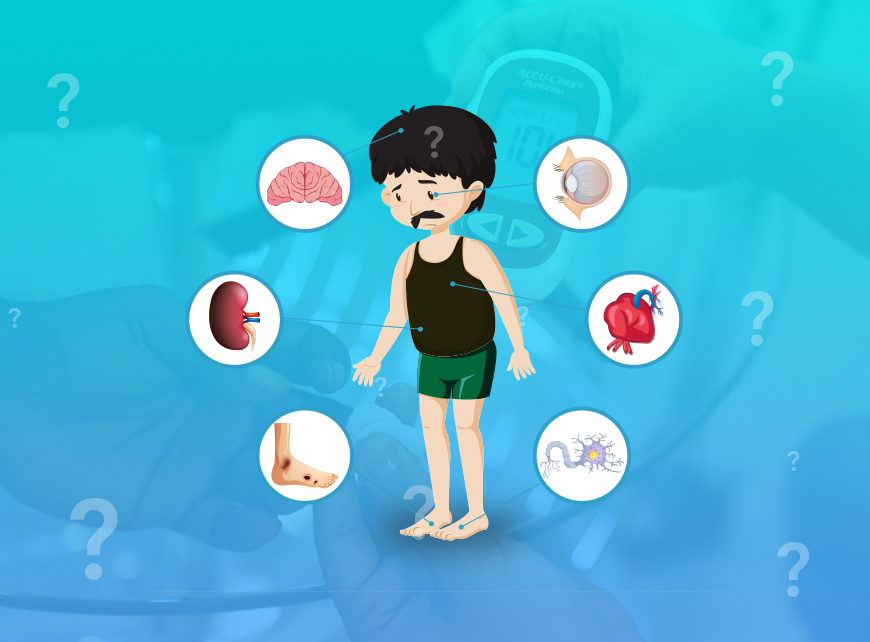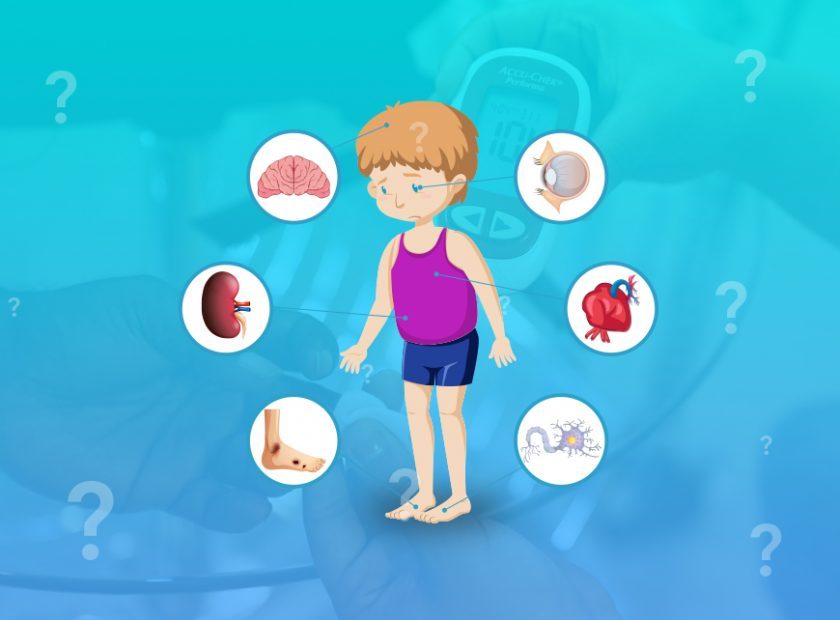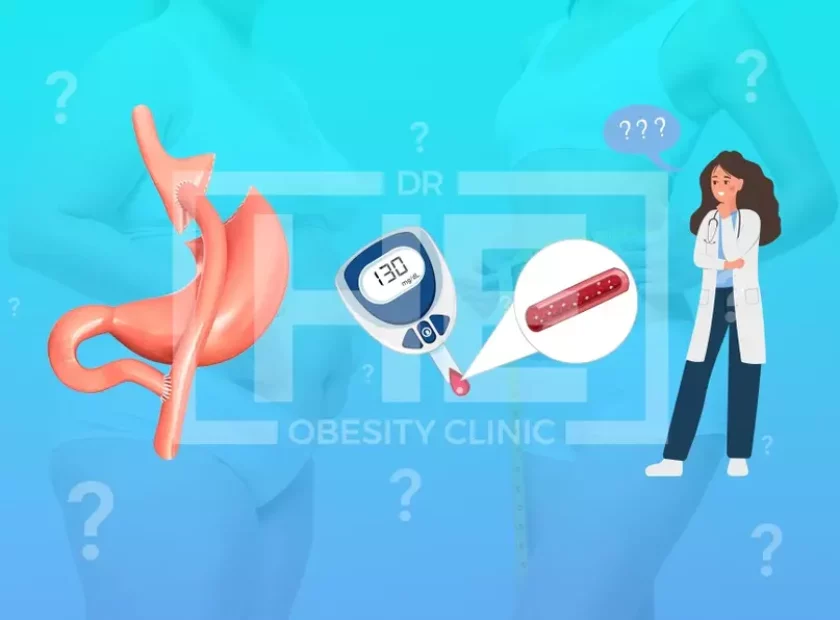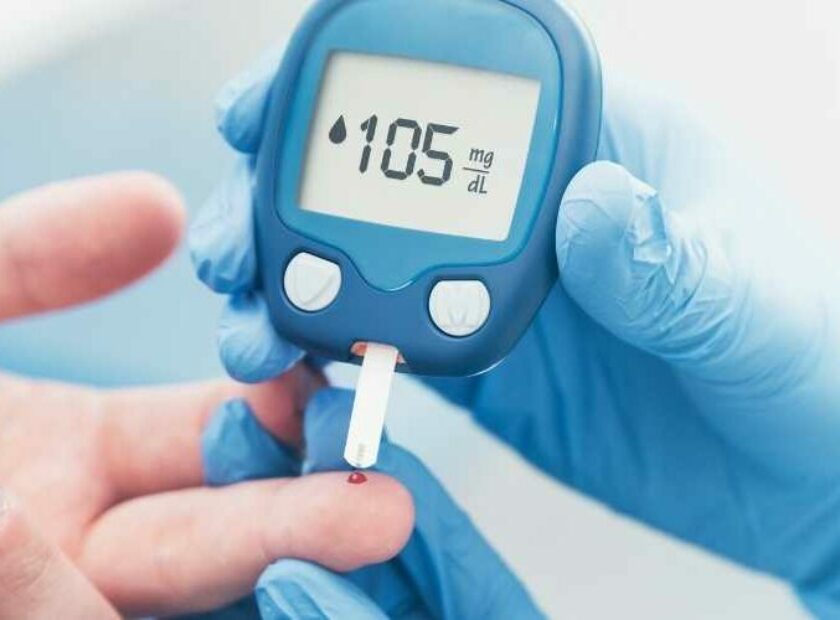
What Are The Symptoms Of Diabetes In Men? Fasting blood sugar in healthy people is in the range of 70 to 100 mg/dL. Blood sugar levels above this range indicate diabetes in general. The cause of diabetes is insufficient production of the hormone insulin, lack of it at all, or the body’s tissues are insensitive to the hormone insulin.
Diabetes, which has many varieties, is the most common type of Type 2 diabetes. According to experts; diabetes increases the risk of cancer, causes obesity, weakens the immune system, damages the heart, causes fatty liver, wrinkles on the skin and weakens memory.
The harms of diabetes in men are not limited to them. Disorders of sexual function in men are largely of vascular origin. Erectile dysfunction and cardiovascular diseases are more common in diseases that disrupt vascular integrity, such as atherosclerosis, diabetes, hypertension, high cholesterol.
In men with diabetes who have been identified as having coronary heart disease by performing corner angiography, sexual dysfunction is very common.
The most common sexual disorder in men is reluctance and erectile dysfunction. Of people with erectile dysfunction, 40% are people with diabetes. 30-40% of men with diabetes have impotence.
Diabetes in Men
We all know the negative effects of diabetes in men. Sugar is one of three whites that experts say should be avoided from consumption. Diabetes has many known negative effects. The most important of these effects is the distress experienced in erection.
Among the many known harms of this disease, the most negatively affecting problem for men is sexuality. In men; it causes Erectile Dysfunction. High sugar in the blood; damage to nerves and blood vessels. This damage makes it difficult for men to have an erection.
Diabetic neuropathy is a breakdown of nerve tissue due to the result of poor control of diabetes. As a result of the deterioration of nerve tissue, changes occur in the hands, feet and different parts of the body. Because of its effects such as reducing pain, loss of feelings, infection occurs in the body and treatment becomes difficult.
Lack of attention; one of the biggest harms of sugar consumption is lack of attention. As a result of excessive sugar consumption, a person has a lack of attention.
Eye disorder; eye disorder; occurs as a result of damage caused by high blood sugar levels to the vessels in the eye. People who experience eye discomfort due to diabetes should have eye checks every 3-6 months.
It is possible to treat other problems seen until visual impairment occurs in the eye, while after the onset of visual impairment, treatment becomes difficult and impossible.
Depression; according to research by scientists; it has been observed that excessive intake of fructose, which is naturally found in fruits and vegetables used in prepared foods, leads to depression, especially when excess fructose is taken into the body during adolescence.
Atherosclerosis; especially seen in men over the age of 40. In addition to diabetes, there are other factors that affect atherosclerosis. Some of these are factors such as inactivity, smoking, blood pressure.
Another discomfort observed in men with diabetes is kidney disease; the kidneys expel harmful substances from the urine. Disorders first seen in the kidneys do not appear in blood tests. Attention should be paid to salt and sugar consumed to relieve discomfort in the kidney.
How does diabetes affect a man?
Diabetes mellitus, which leads to damage to the heart and vessels, also negatively affects sexual life. In men, sexual aversion, ejaculation problems and erection problems occur, while in women, vaginal dryness, sexual aversion and genital infections trigger.
Diabetes can adversely affect the reproductive health of men, causing infertility. It is possible to eliminate these symptoms and disorders caused by diabetes mellitus with the help of drug treatments.
But first of all, patients should pay attention to their nutrition to keep their blood sugar levels under control and use their medications regularly to ensure that their blood sugar levels are at normal levels.
Symptoms of Diabetes in Men
Diabetes, which causes damage to the heart and vessels, also negatively affects sex life. In men, sexual reluctance, ejaculation problems and erection problems occur; in women, vaginal dryness causes sexual reluctance and genital infections.
Symptoms of Diabetes in Men usually have a negative impact on sex life. Insulin deficiency and insulin resistance in the body lead to diabetes. Blood sugar levels remain high for a long time, leading to many problems in the body, especially in the heart and vessels.
The main reason diabetes causes sexual problems is that it leads to vascular diseases. Diabetes, which can cause problems in the heart vessels, also leads to constrictions in the genital veins.
It is known that the endothelial cells that line the inner side of the vascular bed in a man are a very important endocrine structure that regulates sexual functions.
Disorders of sexual function in men are largely of vascular origin. Normal erection function; psych neurogenic, vascular, structural and hormonal components as a whole and as a result of coordinated work occurs.
Cardiovascular diseases with erectile dysfunction are common in diseases and conditions that disrupt vascular integrity, such as atherosclerosis, diabetes, hypertension, high cholesterol and smoking. Sexual dysfunction is common in diabetic men and women who have been found to have coronary heart disease by performing coronary angiography.
Psychological factors, as well as extensive vascular and nerve damage caused by diabetes; existing diabetes, hypertension and obesity also causes impotence caused by organic conditions such as testosterone deficiency. Common vascular and neural damage that occurs in women in the same way negatively affects women’s sexuality.
What are the symptoms of type 2 diabetes in males?
Type 2 diabetes is the most common form of diabetes in society. Although there is insulin production in Type 2 diabetes, there is a problem with the use of insulin at the cellular level. Glucose, which passes into the blood through nutrition, cannot enter the cells when the hormone insulin is deficient, and blood sugar rises.
An increase in blood sugar in the blood is called hyperglycemia. For the diagnosis of hyperglycemia, the normal blood sugar value after 8 hours of starvation should be 80-100 mg/dl.
If the height of blood sugar in the blood is not controlled and the height continues continuously, it causes serious structural damage to the internal organs. Symptoms of diabetes due to high blood sugar are called the classic 3p symptom of diabetes.
Treatment of Diabetes in Men
Lifestyle changes and new Treatment of Diabetes in Men can eliminate the problem. Diabetes also reduces the hormone testosterone, so the risk of aversion and erectile problems in men with diabetes increases three times compared to normal men.
Diabetes is a chronic disease in which the body does not produce insulin or is unable to use insulin effectively. The main goal of diabetes treatment is to bring blood sugar to the safe limit and help a person with diabetes perform their daily tasks by reducing the risk of complications.
In most people, treatments such as taking medications, regulating lifestyle, and managing various complications of diabetes are applied. Some cases of Type 2 diabetes can be corrected by 5% by changing lifestyle.
A person with the onset of diabetes can reverse the high amount of glucose in the blood with regular, measured – intensive exercise, weight loss, and a balanced low-sugar diet. But none of these provide a complete cure for diabetes. Some pills may be required to control the level of glucose in the blood.
For people with Type 1 diabetes, the only control method at the moment is to take insulin from outside by injection. Taking insulin at the right time of day can improve the quality of life of a person with diabetes. But in patients with Type 2 diabetes, insulin is often not actually necessary.




